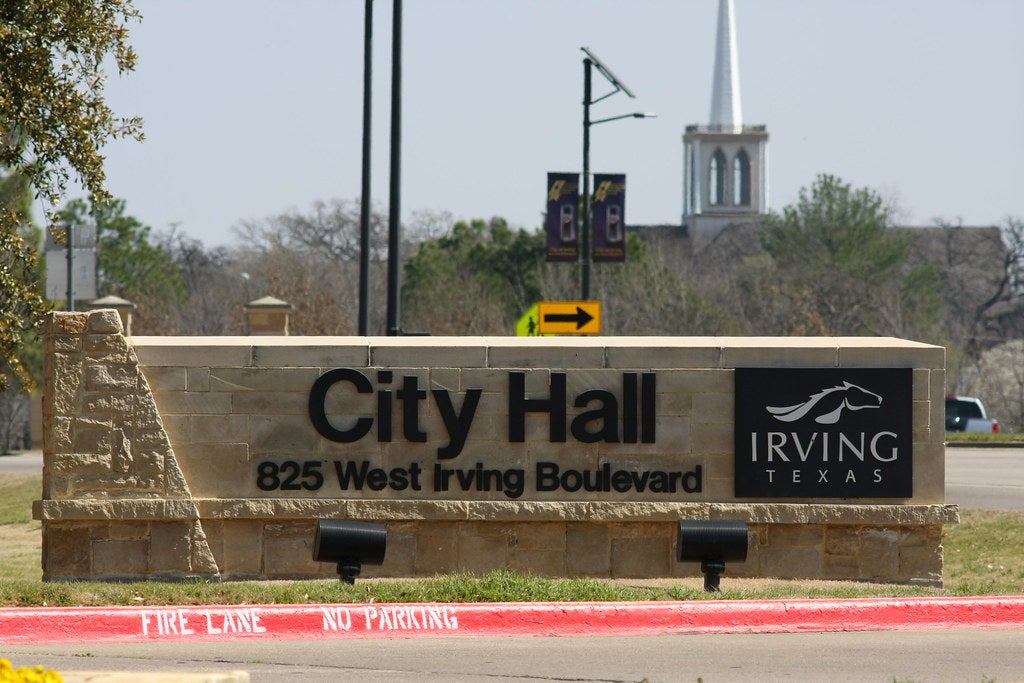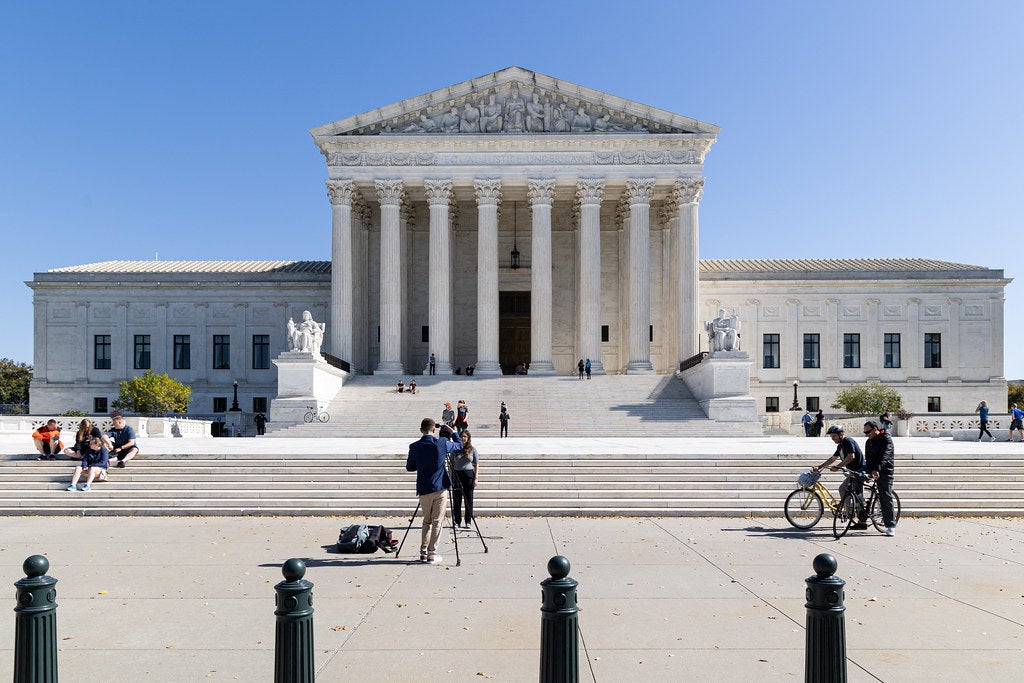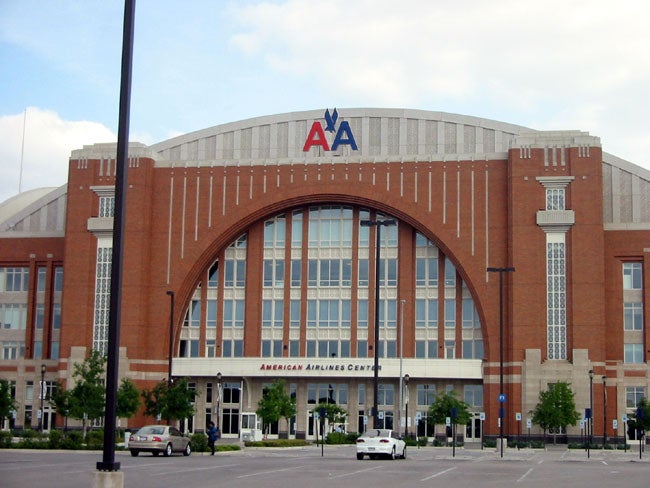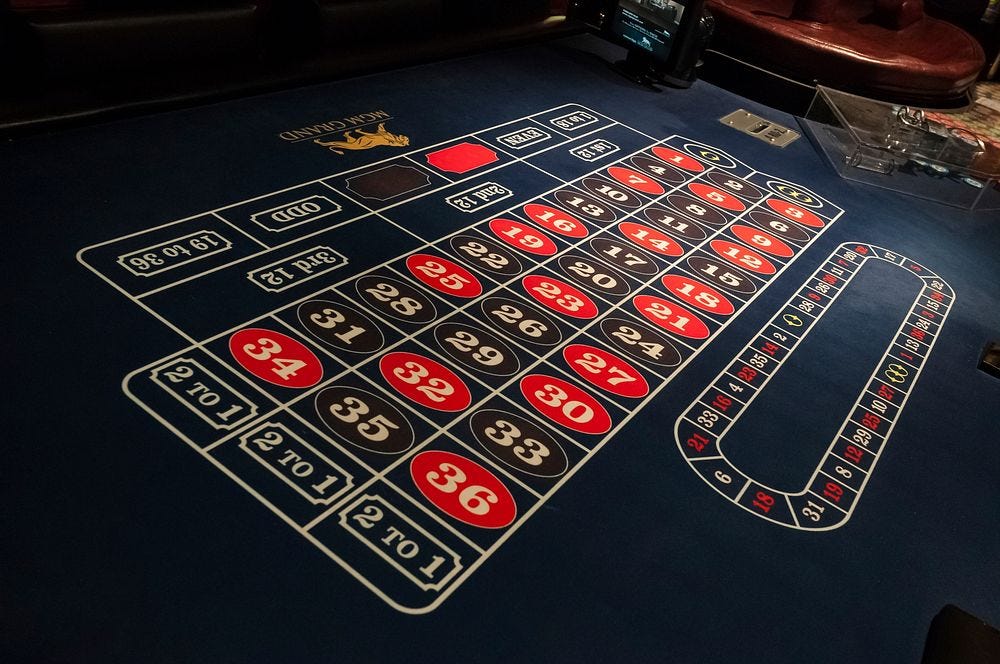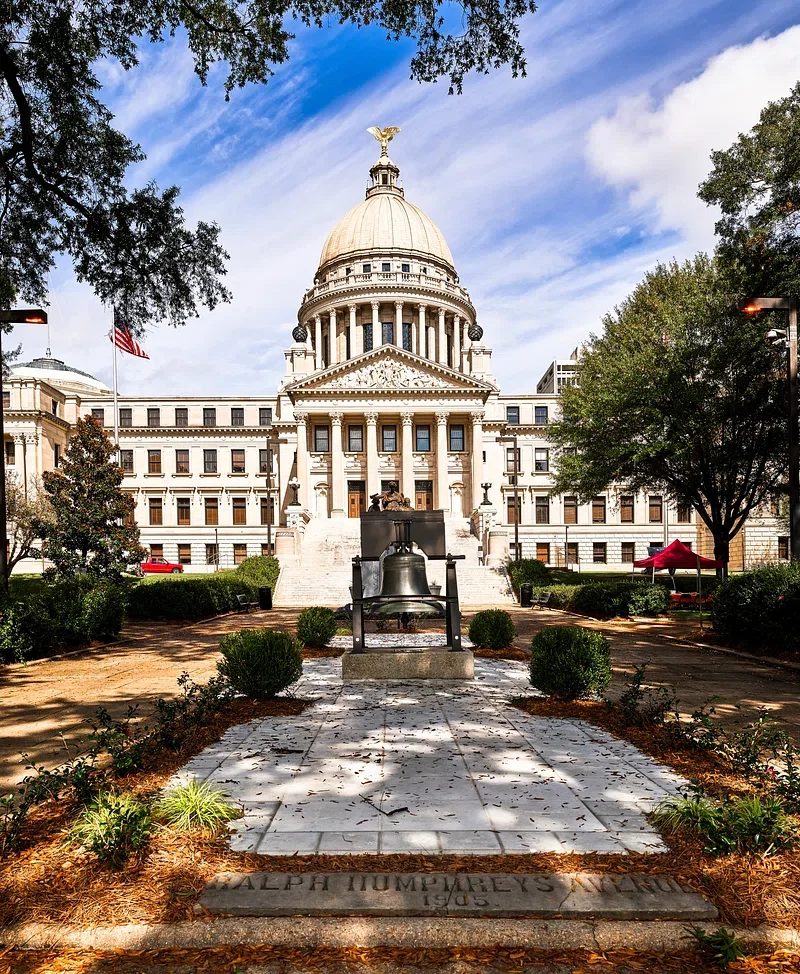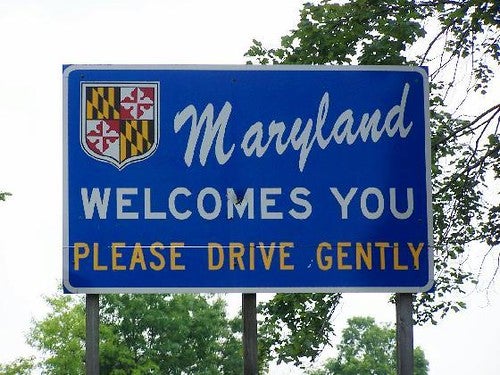Improving a leading market
New Jersey was one of the first states to legalize sports betting. It has an extremely lucrative gaming market with legal sports betting, retail and online casinos, sweepstakes casinos, and more. Its prominence in the gaming world and the potential dangers that exist necessitated recommended safeguards.
“New Jersey has long been a leader in the gaming industry, and with that leadership comes the responsibility to ensure the well-being of our residents,” said Murphy. “I appreciate the Task Force’s efforts to create a safer and more supportive gaming environment, particularly for our most vulnerable communities.”
Of the specifics, the Task Force recommended that gambling platforms be required to disclose in their advertisement that gambling can become addictive. They also discussed “message fatigue,” a situation in which a repeated message loses its value, and said companies should use “multiple variations” of their messaging.
Additionally, the group said that the state should consider restricting when, where, and how frequently gambling advertisements can be displayed.
However, they cautioned that their decision must fall in line with the free speech protections outlined in the first amendment.
More recommendations
Like many states, New Jersey’s legal gambling age is either 18 or 21, depending on the activity. Atlantic City casinos, iGaming, and sports betting require that players be at least 21, while the lottery, fantasy sports, bingo, and parimutuel betting are only restricted to those 18 or older.
The Task Force said that there are merits to implementing a uniform age minimum of 21, though it did not officially recommend the change.
“The differences in age requirements across the forms of gaming creates a fragmented regulatory framework where younger individuals are exposed to gaming activities that could normalize risky behaviors and potentially lead to future gambling problems,” the report claimed. “At this time, the Task Force recommends further evaluation of the benefits and drawbacks of imposing a uniform gambling age of 21.”
As previously mentioned, the report continued to discuss the inclusion of gambling prevention and education in public schools. That way, young minds do not fall into addictive behaviors around the time they leave their household and are exposed to potential dangers such as gambling.
It broadened that to say that accessible public support services would also make a positive impact.
Notably, the report did not include anything regarding smoking inside Atlantic City casinos, which has become a popular debate.

















